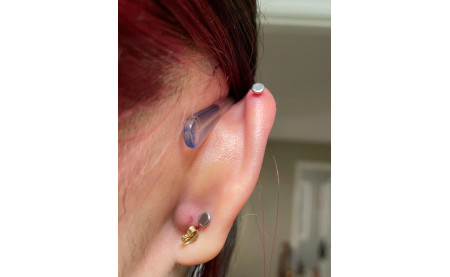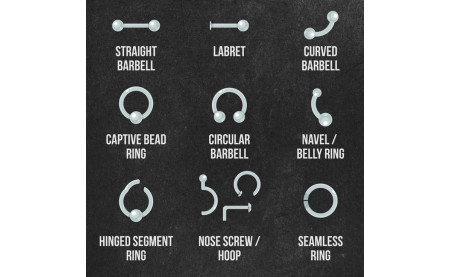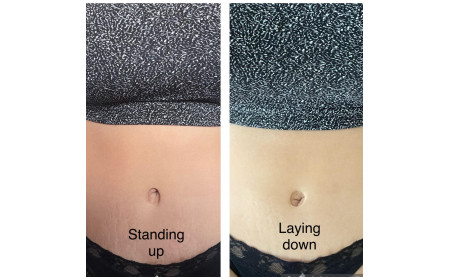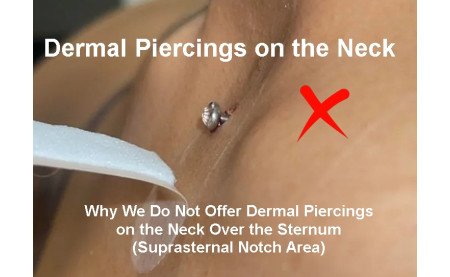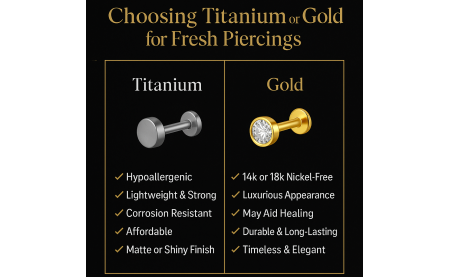Bruising After a Piercing: Is It Normal?
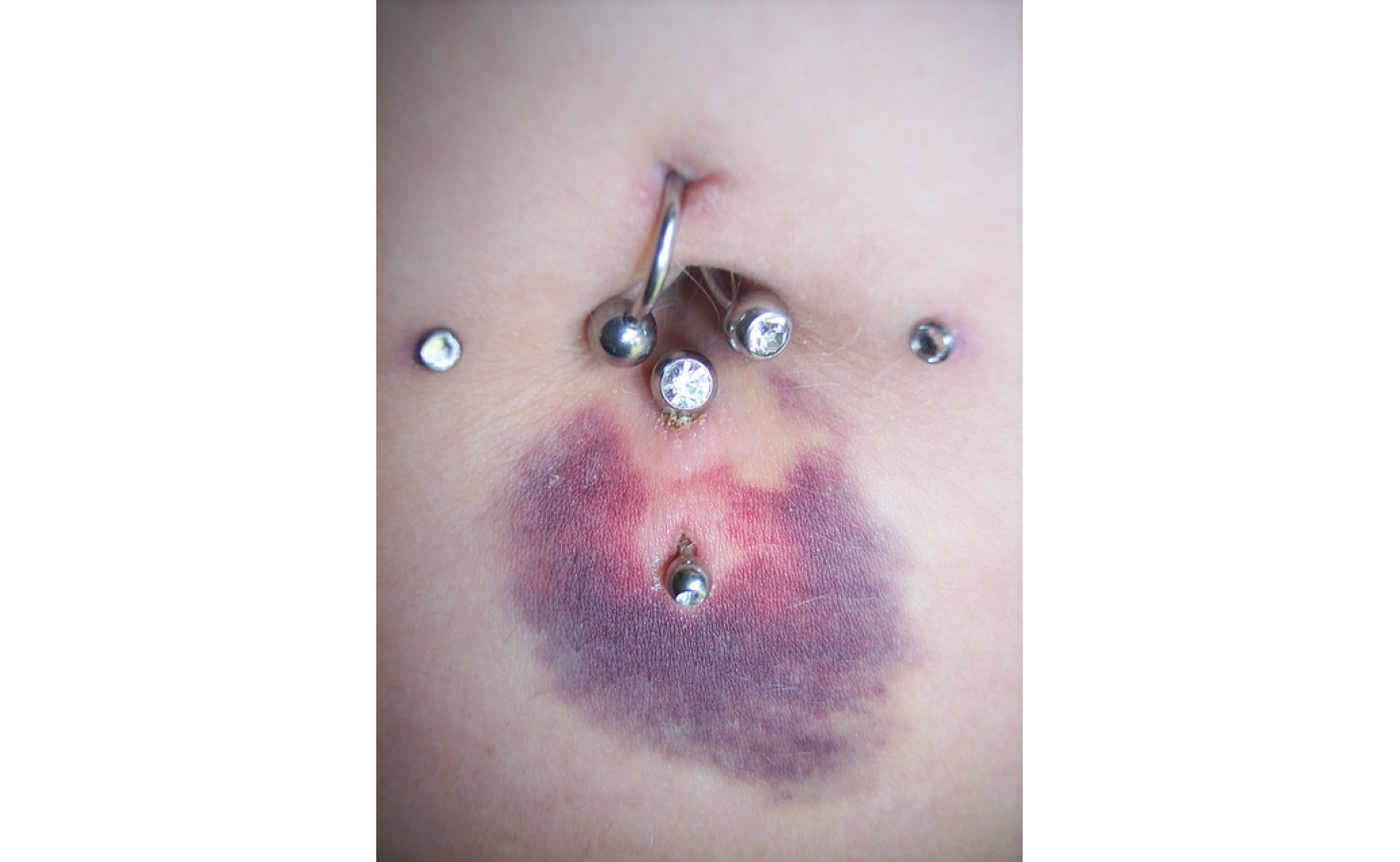
At Piercing Zone by Dr. Vikas, we believe in educating our clients about every aspect of their piercing journey—including the unexpected. One such surprise? Bruising after a piercing.
While most people expect a bit of redness, slight swelling, or tenderness after getting pierced, a bruise can feel concerning. But the good news is—bruising is often a completely normal part of the healing process.
Let’s explore why it happens, what you should expect, and when to seek advice.
Why Does Bruising Happen After a Piercing?
A bruise forms when tiny blood vessels (called capillaries) under your skin are broken, often by impact or pressure. When blood leaks from these vessels, it creates a dark mark under the skin—what we recognize as a bruise.
Just like getting blood drawn or bumping your arm, piercing can sometimes disrupt these capillaries, especially in sensitive or vascular areas. Even with the most precise technique, it’s possible for some blood to pool and create temporary discoloration.
✅ Bruising is not a sign of a bad piercing—it’s a natural response of your body.
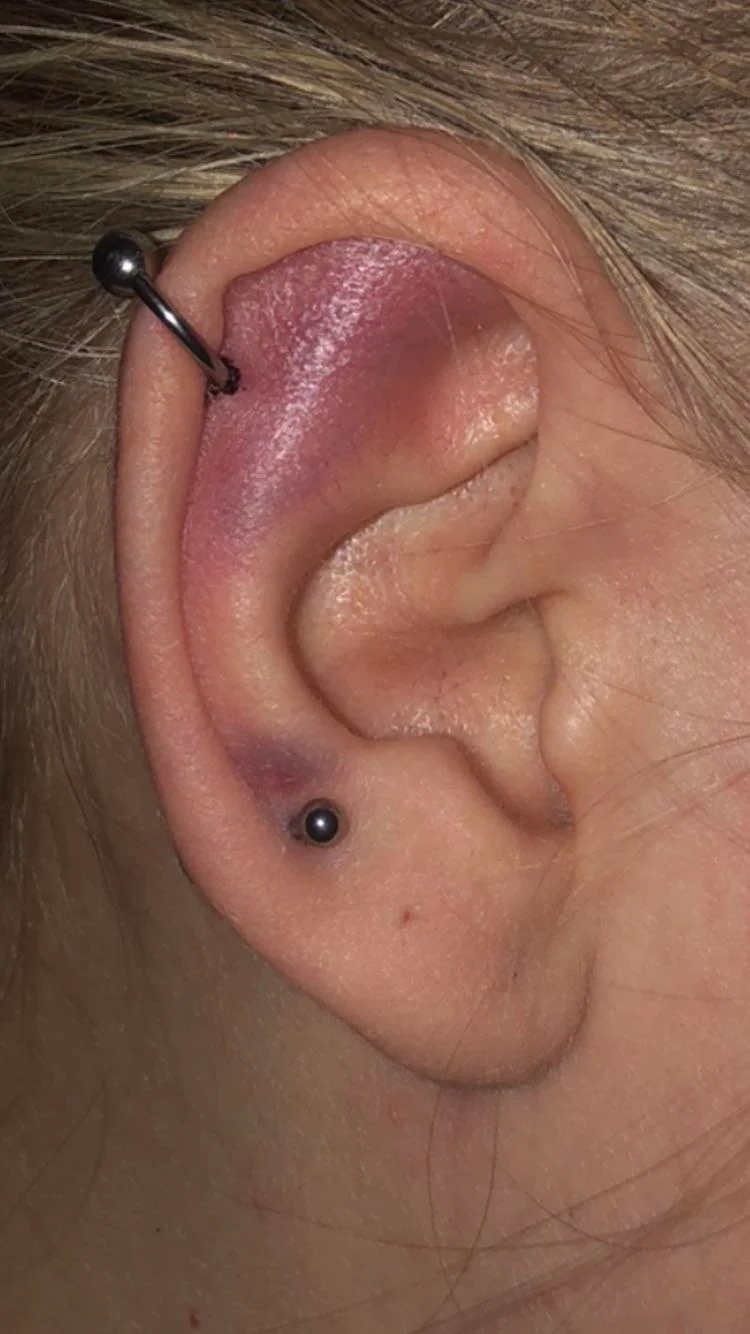
Which Piercings Are More Likely to Bruise?
Some areas of the body are simply more prone to bruising than others:
- Eyebrow & Lip Piercings – Most common to bruise on the face
- Earlobes – More likely than cartilage to bruise
- Navel, Nipple & Intimate Piercings – May look more dramatic, but typically heal fine
Tools like clamps or forceps can also sometimes increase bruising, especially on lobes, nipples, and navels. However, even freehand piercings may still cause some bruising.
Who Is More Likely to Bruise?
Certain health conditions, medications, and supplements can make bruising more likely:
Medical Conditions:
- Bleeding disorders
- Ehlers-Danlos Syndrome (EDS)
- Cushing’s Syndrome
- Vitamin K or C deficiency
Medications:
- Blood thinners
- NSAIDs (e.g. ibuprofen)
- Steroids
Supplements:
- Fish oil
- Garlic
- Ginseng
- St. John's Wort
Always inform your piercer about any medications or health conditions before your appointment.
What To Do If You Notice a Bruise
1. Don’t Panic
Bruises can be small and subtle—or larger and dramatic. Most will fade within 1–2 weeks without issue.
2. Contact Your Piercer
At Piercing Zone Dubai, we encourage clients to send us a clear photo (with flash) so we can assess the bruise and reassure you. Most of the time, no treatment is needed—just patience.
3. Jewelry Adjustment (if needed)
In some cases, we may recommend swapping to a longer or more comfortable post to accommodate the swelling and ensure proper healing.
4. Doctor Visit (rare cases only)
If the bruising is unusually painful or persistent, or if there are signs of infection or circulatory issues, we might recommend seeing a doctor—just to be safe.
A Final Word: It's Normal, It Heals
If you’ve ended up with a bruise after a piercing, please don’t worry. Bruising is just one of many normal ways the body responds to the process of healing.
Remember: At Piercing Zone by Dr. Vikas, your safety and healing are our top priority.
We’re always here to guide you—whether it’s your first piercing or your tenth. If you have questions or concerns, reach out to us anytime.


